News
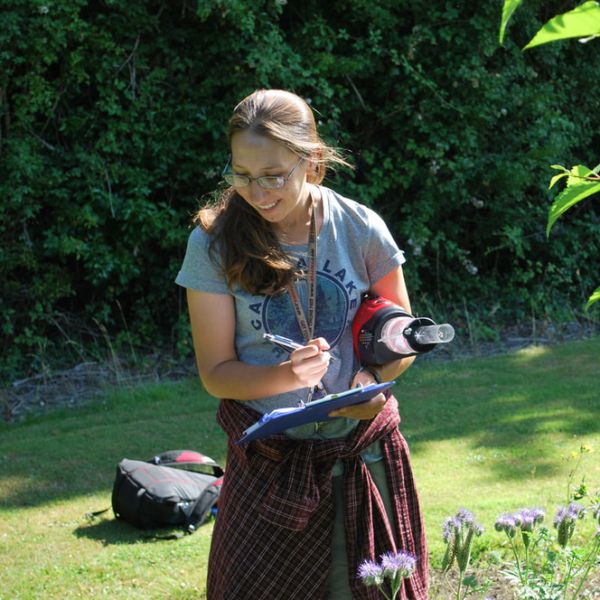
May 02, 2019
Alumna Laura Russo receives Robert May Prize from the British Ecological Society
PSU alumna Laura Russo has been selected to receive the Robert May Prize from the British Ecological Society, the oldest ecological society in the world. The prize recognizes the best paper by an early career researcher in the society’s scientific journal Methods in Ecology and Evolution.
Full Article
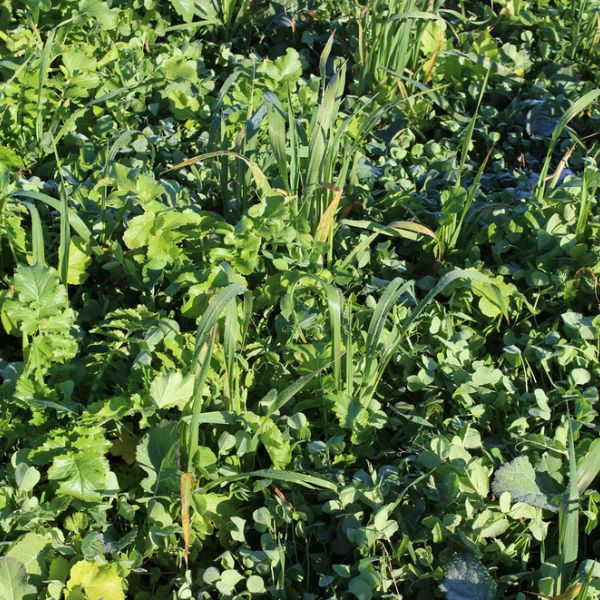
Apr 29, 2019
'Right' Cover-Crop Mix Good for Both Chesapeake and Bottom Lines
Planting and growing a strategic mix of cover crops not only reduces the loss of nitrogen from farm fields, protecting water quality in the Chesapeake Bay, but the practice also contributes nitrogen to subsequent cash crops, improving yields, according to researchers.
Full Article
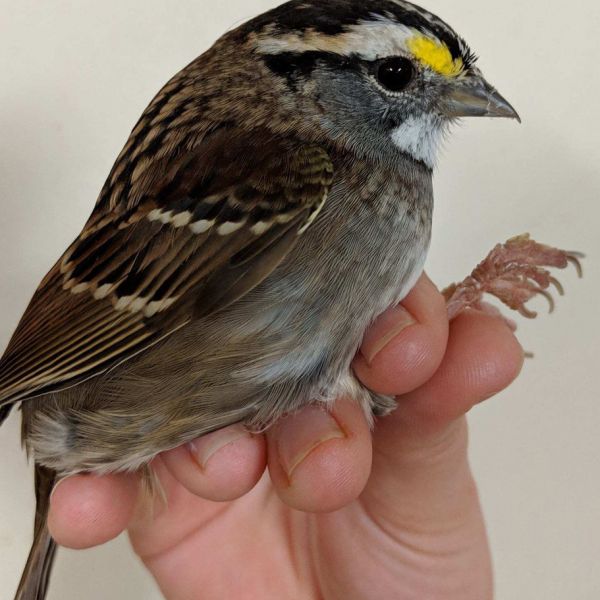
Apr 25, 2019
Songbird-body changes that allow migration may have human health implications
Songbirds that pack on as much as 50 percent of their body weight before migrating and that sleep very little, exhibit altered immune system and tissue-repair function during the journey, which may hold implications for human health, according to Penn State researchers.
Full Article
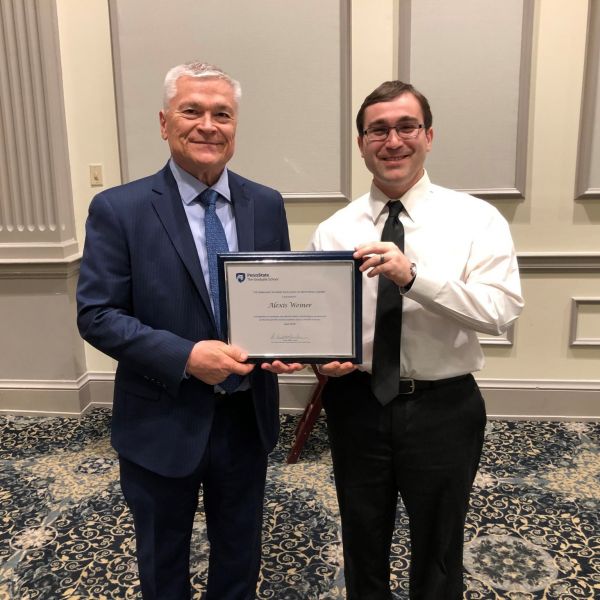
Apr 15, 2019
Five Huck Researchers Among Winners at Grad Student Awards
A quintet of Huck doctoral candidates were recognized for excellence in their studies and collaborations within and outside of Penn State.
Full Article

Apr 03, 2019
Shea recognized with 2019 Palmer Faculty Mentoring Award
Katriona Shea, alumni professor of biology in the Eberly College of Science, is the recipient of Penn State's 2019 Howard B. Palmer Faculty Mentoring Award. The award honors and recognizes outstanding achievement by a faculty member with at least five years of service who effectively guides junior faculty.
Full Article
Mar 13, 2019
Ecology Alum Jennifer Tennessen Brings Acoustics to Killer Whale Conservation
Dr. Jennifer Tennessen applies the lessons of her interdisciplinary research at the Huck to her professional work with killer whales in the Pacific Northwest.
Full Article
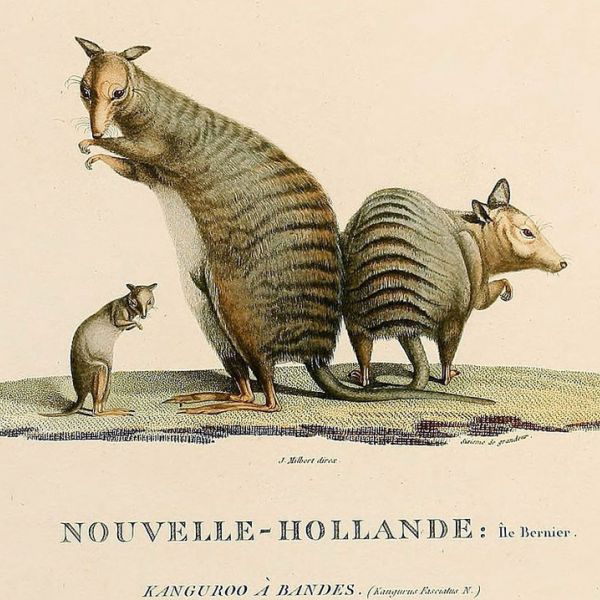
Feb 26, 2019
Indigenous hunters have positive impacts on food webs in desert Australia
Australia has the highest rate of mammal extinction in the world. Resettlement of indigenous communities resulted in the spread of invasive species, the absence of human-set fires, and a general cascade in the interconnected food web that led to the largest mammalian extinction event ever recorded. In this case, the absence of direct human activity on the landscape may be the cause of the extinctions, according to a Penn State anthropologist.
Full Article

Jan 22, 2019
Having stressed out ancestors improves immune response to stress
Having ancestors who were frequently exposed to stressors can improve one's own immune response to stressors, according to Penn State researchers who studied fence lizards and their stress response. The results suggest that family history should be considered to predict or understand the health implications of stress.
Full Article

Jan 09, 2019
Huck Researchers Awarded Tyge Christensen Prize
Gang Ning, director of Penn State’s Microscopy & Cytrometry Facility, Todd LaJeunesse, associate professor of biology at Penn State, and Drew Wham, a former graduate student in LaJeunesse’s lab, have been selected to receive the 2017 Tyge Christensen Prize by the International Phycological Society
Full Article
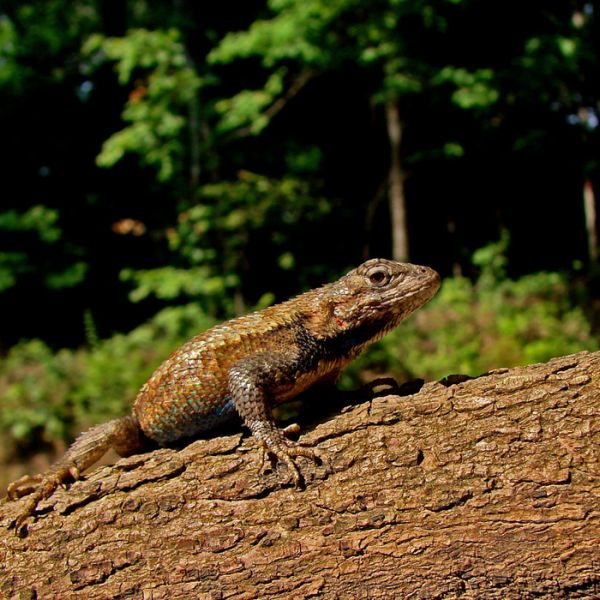
Nov 30, 2018
Lizards quickly adapt to threat from invasive fire ants
Some lizards in the eastern U.S. have adapted to invasive fire ants — which can bite, sting and kill lizards — reversing geographical trends in behavioral and physical traits used to avoid predators.
Full Article